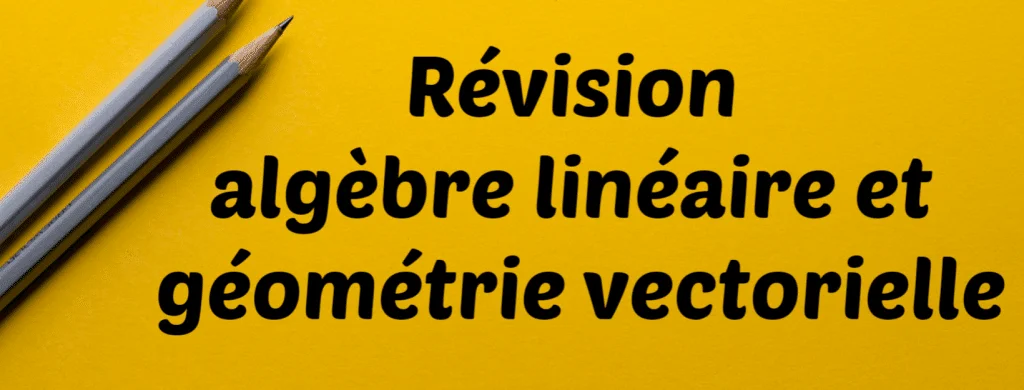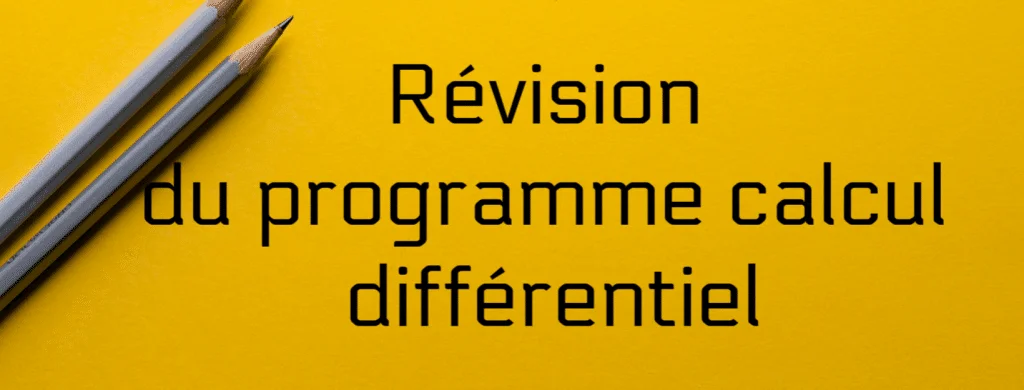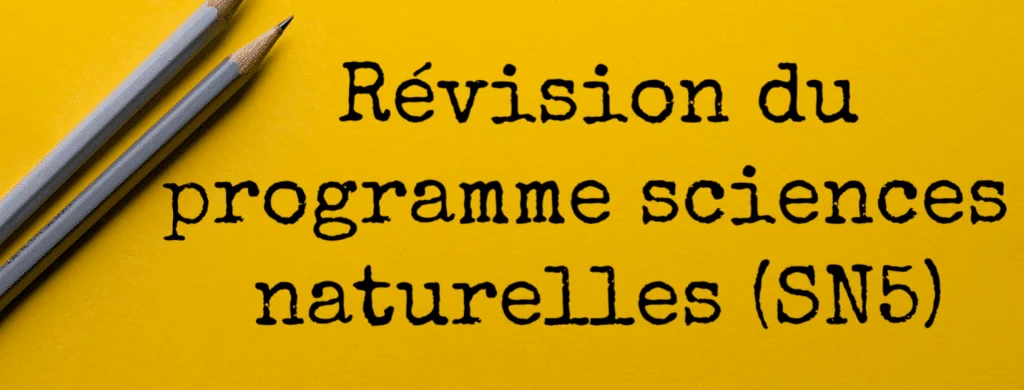Tutoring can be a great tool for your child’s success, but is it right for him or her? Here are a few reasons why your child may need one of our wonderful tutoring team members:
Learning disabilities and difficulties
Some young people have learning disabilities, such as ADHD, dyslexia, dysorthographia or dyscalculia. In some cases, they need extra support with their learning. Tutoring is there to help them, to consolidate what they’ve learned, to review what they’ve learned in the past, and also to offer them tips and work methods adapted to their reality. What’s more, some students have learning difficulties, without necessarily having a diagnosis. These students will benefit from tutoring for the same reasons!
Loss or lack of motivation
Tutoring will certainly help students who are losing or lacking motivation. In fact, as tutors, we’re here to help them get back to learning! This lack of enthusiasm is often linked to difficulties, and the student no longer finds any pleasure in learning, because he or she is always coming up against obstacles. By proposing new ways of working, the student will experience success, and we’ll be able to observe renewed motivation, and the “I don’t like school” will become rarer!
More help and support with homework and lessons
Homework and lesson time often demand an enormous amount of energy, attention and time from parents. This difficult situation is often experienced, and it’s perfectly normal. The tutor is there to help your child with homework and lessons. The tutor will then be able to offer more support to the student, within a pre-established framework and on a regular basis. The parent-child relationship will be much better for it!
School delay
Some young people fall behind in their schoolwork, whether due to prolonged illness or simply because the pace at school is too fast for them. The tutor can help these students catch up, reviewing the concepts they’ve missed or skimmed over too quickly. They’ll support them through their difficulties at their own pace.
Special needs
Without necessarily having a particular learning disability, some students still need a little help. This is the case, for example, in children whose first language is not French and who have recently entered the Quebec school system. Others may simply have a less-than-perfect grasp of a mathematical concept, even though they usually excel in this subject, and want to review this chapter with a tutor. In short, there are no bad reasons to ask for help and have a tutoring session!
In short, tutoring is an excellent way of meeting a student’s needs. Whether it’s to motivate your child, to help with homework, to support your child despite difficulties, to help your child catch up, or for additional educational support, a tutor can provide personalized support.
Alexandrine Alarie, special education teacher and tutor at SOSteacher
Links: https://sosprof.ca/en/make-homework-time-easier/
To summarize
Some learning disabilities, including ADHD, dyslexia, dysorthographia and dyscalculia, may require tutoring.
Tutoring can help students who are losing or lacking motivation, by giving them a renewed taste for learning through new pedagogical approaches. By working with a tutor, students can overcome their difficulties, achieve success and regain the motivation they need to keep progressing.
Tutoring provides personalized support for children during homework and lesson periods. The tutor can help the student understand concepts, overcome difficulties and deepen his or her knowledge. It also takes the pressure off parents, providing a defined framework for learning at home and strengthening the parent-child relationship.
Tutoring can help students who are lagging behind academically by allowing them to catch up on concepts they have missed or skimmed over too quickly. The tutor will work with them at their own pace, seeing key concepts and coaching them through their difficulties. This gives them a chance to fill in the gaps and regain their academic confidence.
Some students may need tutoring even if they have no specific learning difficulty. For example, students whose first language is not French and who have recently entered the Quebec school system may benefit from extra support. Similarly, students who have occasional difficulties in a subject, such as mathematics, may wish to review specific chapters with a tutor. In short, there’s no bad reason to ask for help and have a tutoring session.













